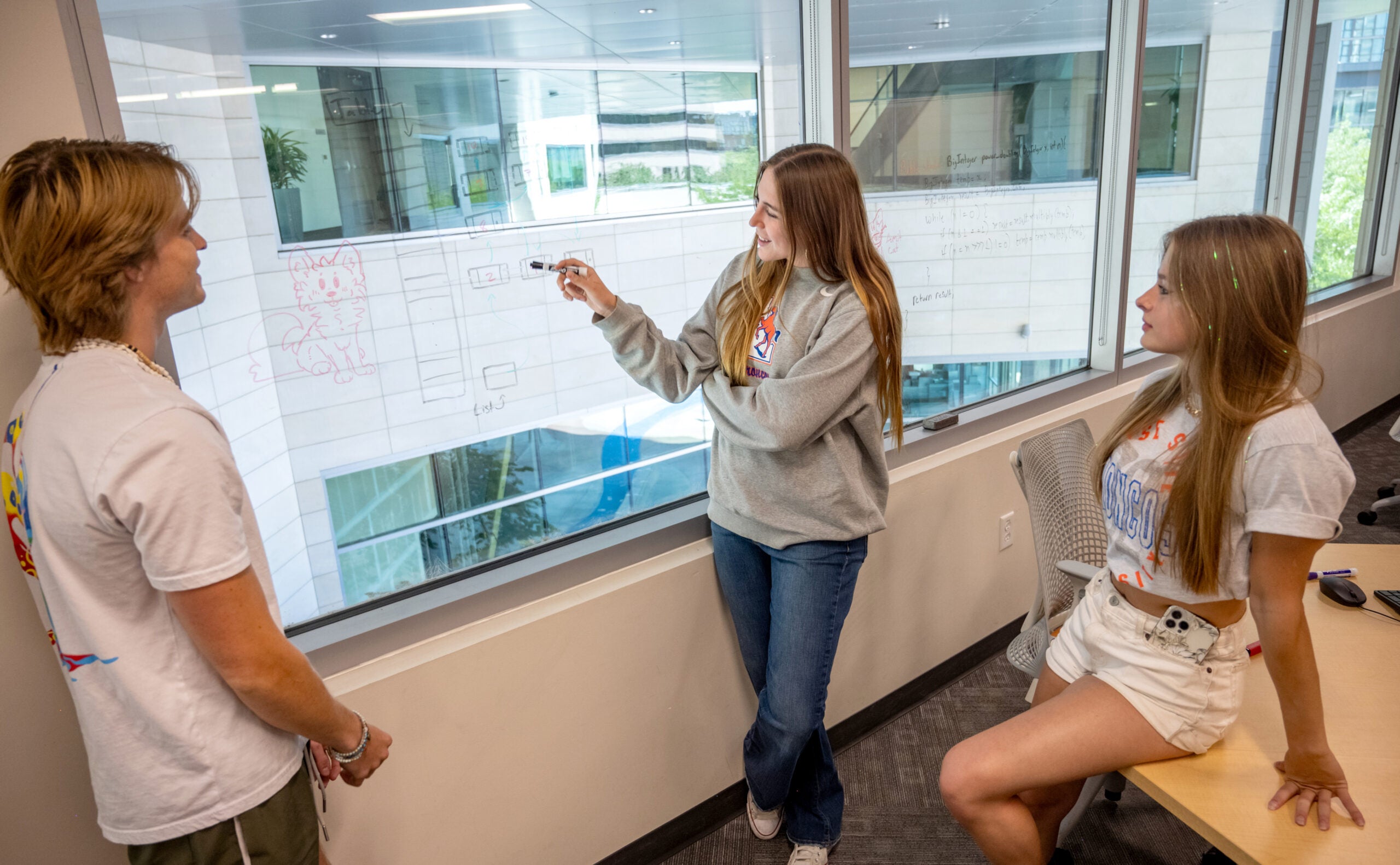
Bachelor’s in Computer Science
Program Educational Objectives
Within a few years of graduation, graduates of the Bachelor of Science, Computer Science program will be actively contributing individually and in teams, ethically applying expertise to solve problems, effectively communicating, and building on their knowledge to grow in their careers.
Student Outcomes (aka Program Learning Outcomes)
The computer science program will enable students, by the time of graduation, to be able to:
- Analyze a complex computing problem and apply principles of computing and other relevant disciplines to identify solutions.
- Design, implement, and evaluate a computing-based solution to meet a given set of requirements in the context of the program’s discipline.
- Communicate effectively in a variety of professional contexts.
- Recognize professional responsibilities and make informed judgments in computing practice based on legal and ethical principles.
- Function effectively as a member or leader of a team engaged in activities appropriate to the program’s discipline.
- Apply computer science theory and software development fundamentals to produce computing-based solutions.
Computer Science MS
Program Learning Outcomes
- Graduates will be able to systematically apply computer science theory and skills to define specific requirements and analyze, design, and execute appropriate technical solutions
- Graduates will be able to plan, contextualize, develop, and deliver both oral and written presentations describing the technical, scientific, and societal impacts of their work
- Graduates will be able to engage in self-directed learning
Computing PhD (interdisciplinary program)
Program Learning Outcomes
- Pose relevant research questions and conduct independent research using the scientific method to address those questions.
- Effectively communicate the results of scientific research in both written and oral form to scientific and public audiences.
- Devise, analyze, and evaluate new methods for solving complex computing problems.
- Select and apply computing techniques and tools to build reliable, and maintainable software.
- Select and apply computational algorithms and techniques in the analysis and solution of complex questions across a variety scientific domains.
- Achieve a level expertise in their discipline.
- Establish a professional identity that engages the computing community.